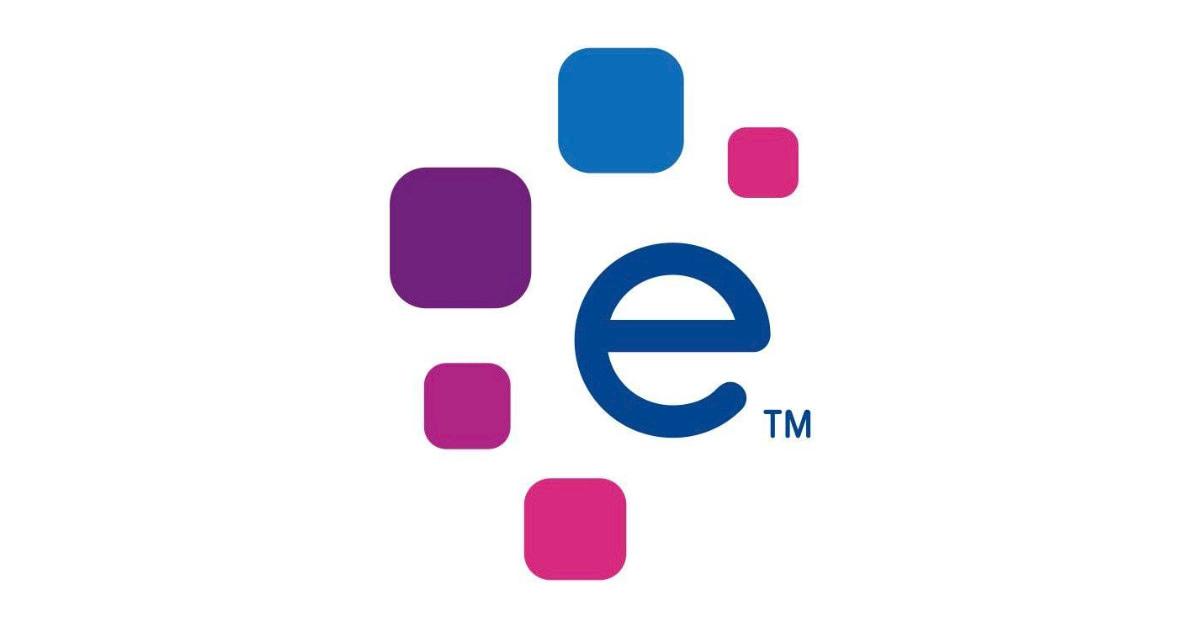Like many, you may be asking “Why is my Experian score lower?” Here's why the credit bureau's scores can be different from TransUnion's and Equifax’s.

Jun. 22 2021, Published 5:52 a.m. ET
Common forum post headlines include“Why is my Experian score 74 points lower than my TransUnion and Equifax scores?,”“Experian Score lower than 2 other bureaus,”“Why is Experian so much lower?,”and “Experian always has a lower score!” Many users on the myFICO forum say theirExperian credit scoresare lower than theirTransUnionandEquifaxcredit scores, and they’re desperate to know why.
Article continues below advertisem*nt
Article continues below advertisem*nt
“This is not a one-time issue, because I have been experiencing this for many, many years, with Experian always lower than anyone else,” the user behind that fourth forum post writes. “Personally, I think Experian is just screwed up and they are using some kind of a different system, regardless of the fact that they are supposed to be using a consistent model.”
Experian says it would be “unusual” if your credit scores align
Helpfully, and perhaps defensively (if it does report lower scores than the other bureaus), Experian hasan explainer articleabout why credit scores differ betweencredit bureaus.
Article continues below advertisem*nt
“While it is possible for you to have only one credit score, it’s unusual,” Experian states. “Consumers normally do not have a single score but rather many credit scores. This is due to a variety of factors, such as the many different credit score brands, score variations and score generations in commercial use at any given time. These factors are likely to yield different credit scores, even if your credit reports are identical across the three credit bureaus—which is also unusual.”
Your credit reports might show different information at different bureaus
Experian explains that some lenders provide information to all three major credit bureaus, and some give information to just one or two of them. That discrepancy in data can lead to differing credit scores.
Article continues below advertisem*nt
Article continues below advertisem*nt
Similarly, lenders might makehard inquirieswith all three bureaus or just one. And because the number of hard inquiries on your credit report impacts your credit score, differences in the number of hard inquiries could result in different scores. The good news is that you make soft inquiries when you check your credit report, and soft inquiries have no bearing on your credit score.
Article continues below advertisem*nt
And finally, Experian says, your credit scores are “snapshots” of your creditworthiness as calculated at a specific time, and while lenders furnish credit report data on a monthly basis, they don’t all share data at the time of the month. So, checking your Experian score on Jul. 1 and your Equifax score the following day might yield two very different results.
Article continues below advertisem*nt
Not everyone has lower Experian scores
A commenter on the myFICO forum post excerpted above said that it’s not always Experian that shows the lower score. “For every time I’ve read a post that states this about Experian, I’ve read the same post about TransUnion and Equifax,” that user wrote.
“It’s all a personal thing. Whichever score historically is the worst for any one individual, naturally from their perspective, based on their personal experience, they sort of build a bias toward that bureau. I’ve sort of felt that way about TransUnion over the years, but I know I’m just being biased based on what I’ve seen with my personal scores.”
As a seasoned expert in credit scoring and financial matters, I bring a wealth of knowledge to shed light on the intriguing dynamics behind the variations in credit scores among major bureaus. My extensive experience allows me to dissect the complexities surrounding credit reporting systems, making sense of the nuanced factors that influence the discrepancies between Experian, TransUnion, and Equifax scores.
The myFICO forum post highlights a common concern shared by many individuals puzzled by the consistent trend of having a lower Experian score compared to TransUnion and Equifax. The frustration expressed in the forum is not isolated but resonates with a broader audience facing similar perplexities.
Experian's response, featured in their explainer article, addresses the issue by acknowledging the multiplicity of credit scores. Contrary to the expectation of a single unified score, consumers often possess multiple credit scores due to diverse scoring models, variations, and generations in commercial use. This revelation alone underscores the intricacies of the credit scoring landscape.
One key insight from Experian is the role of lenders in contributing to the divergence of scores. The discrepancy arises from the fact that some lenders may report information to all three major credit bureaus, while others may only report to one or two. Additionally, variations in the number of hard inquiries, which impact credit scores, further contribute to the observed differences.
The article also touches upon the temporal nature of credit scores, emphasizing that they are snapshots of creditworthiness at specific points in time. The timing misalignment in data reporting among lenders, who furnish information on a monthly basis but may not do so simultaneously, can lead to fluctuations when comparing scores from different bureaus.
Furthermore, the mention of soft inquiries provides reassurance to consumers who routinely check their credit reports. Unlike hard inquiries, soft inquiries do not influence credit scores, offering individuals the freedom to monitor their credit standing without negative repercussions.
The insightful comment from a myFICO forum participant adds a layer of perspective by highlighting that not everyone consistently experiences lower Experian scores. Personal biases may influence individuals to perceive a particular bureau as consistently providing lower scores, but this sentiment varies among users.
In conclusion, the intricate web of factors contributing to the variations in credit scores among major bureaus encompasses scoring models, data reporting practices, and individual biases. This comprehensive understanding underscores the need for consumers to approach credit scores with a nuanced perspective, recognizing the multifaceted nature of the credit reporting ecosystem.

